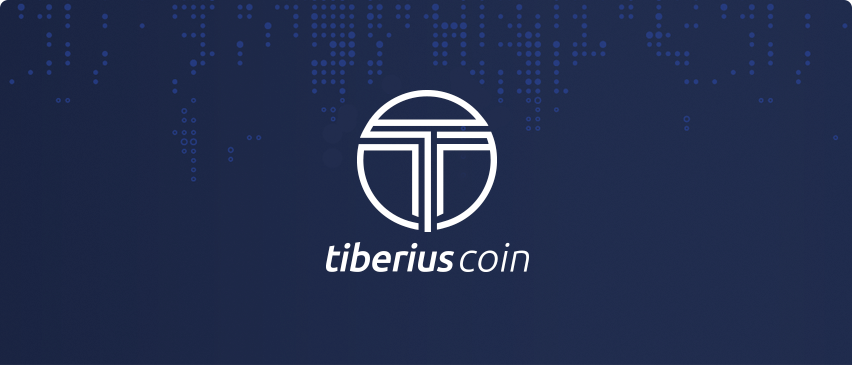Precious metal stablecoin plugs into gold frenzy

The price of gold and silver is rising in the face of a sharp economic downturn. Swiss company AgAu has chosen this moment to announce a precious metal-backed stablecoin onto the blockchain. It aims to provide better access to gold and silver and an alternative to bank-printed money.
Stablecoins are very much in vogue, especially after the launch of Facebook’s Libra project in Geneva last year. This type of digital cryptocurrency is backed by regular money or commodities that better control price fluctuations than bitcoin, whose value depends exclusively on the level of demand.
AgAu says it will store physical gold and silver in Switzerland and sell customers its tokens – each one a digital contract that grants the bearer direct ownership rights to a gram of either precious metal. The tokens would be freely traded with transactions validated and recorded on the Ethereum blockchain.
Founder Thierry Arys Ruiz, a former commodities trader, says the system will simplify the ownership and trading of precious metals, opening the asset to anyone. He also believes it can compete with a “failed” banking system by offering a “superior” form of money backed by precious metals.
The company’s marketing literature points to central banks printing vast sums of money in recent times to prop up ailing economies. Each round of quantitative easing debases the purchasing power of that currency, threatening deflation. It’s the same economic reasoning behind the birth of bitcoin.
“Our model is that of a decentralised private central bank,” he told swissinfo.ch; one whose currency is limited to the amount of precious metal held in its vaults.
Leveraging Swissness
AgAu is one of several stablecoins to peg their value to precious metals. Competitors include others that are partially based in Switzerland or use Swiss vaults. The French VeraOne stablecoin, which stores gold in the Geneva freeport, recently said it would distribute tokens in Switzerland, while last year MKS Switzerland was part of a consortium that launched the DGLD gold-backed digital token.
The increasingly crowded market, which also includes players like Paxos and Tether, makes it virtually inevitable that not all projects will survive. AgAu is leveraging its Swiss brand to convince investors to choose its services. Switzerland has a global reputation for economic and political stability. It also has a well-established precious metals industry, refining the majority of the world’s gold.
The Swiss parliament is currently debating changes to financial and company laws to incorporate the new wave of digital assets. Blockchain experts say it will give the sector more legal certainty during legal disputes over ownership rights and in bankruptcy cases.
Attracting customers
Arys Ruiz admits that finding enough customers will be key to his company’s survival. AgAu says it charges lower fees than the traditional industry for storing bullion. It will also make money from transaction fees when clients sell their tokens. Because it must keep these fees as low as possible (it says no more than 0.39%) to win clients, it will rely on large volumes to make enough money.
Generating sufficient revenues is a problem facing all players in the nascent stablecoin industry. The infrastructure around tokenised assets is growing but digital exchanges currently muster a fraction of the trading volumes that pass over platforms in the traditional financial world.
To compensate for this, AgAu is offering services to players in the commodities industry, particularly gold refineries. Arys Ruiz won’t give details on these plans, but hints at the token being used in trade finance to fund shipments of raw materials around the world.
Democratising finance
Another issue is juggling the demands of financial regulators with the desire to “democratise” finance by offering new digital channels to send assets around the world more efficiently. The Swiss Financial Market Supervisory Authority (FINMA) has already issued guidelines on how it would treat stablecoins. This includes measures that must be taken to prevent money laundering and the financing of terrorism.
Arys Ruiz says FINMA has already indicated that the AgAu token will not need a financial license and that the company can set up as a self-regulating organisation. To win FINMA over, AgAu agreed to apply Know Your Customer (KYC) and Anti-Money Laundering (AML) regulations when vetting clients.
It also had to introduce a mechanism to freeze or seize assets if ordered to do so by the legal authorities.

In compliance with the JTI standards
More: SWI swissinfo.ch certified by the Journalism Trust Initiative











You can find an overview of ongoing debates with our journalists here . Please join us!
If you want to start a conversation about a topic raised in this article or want to report factual errors, email us at english@swissinfo.ch.